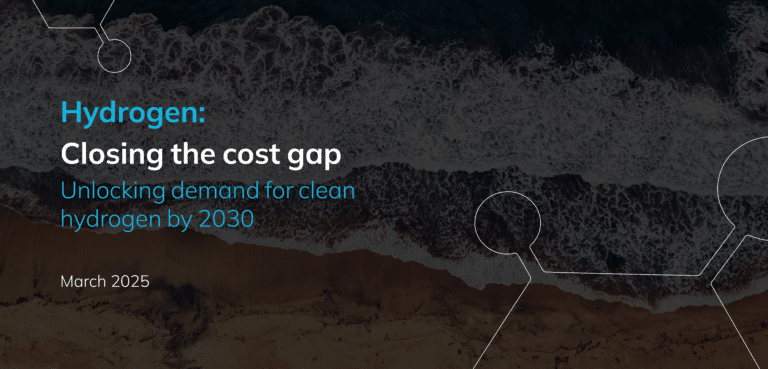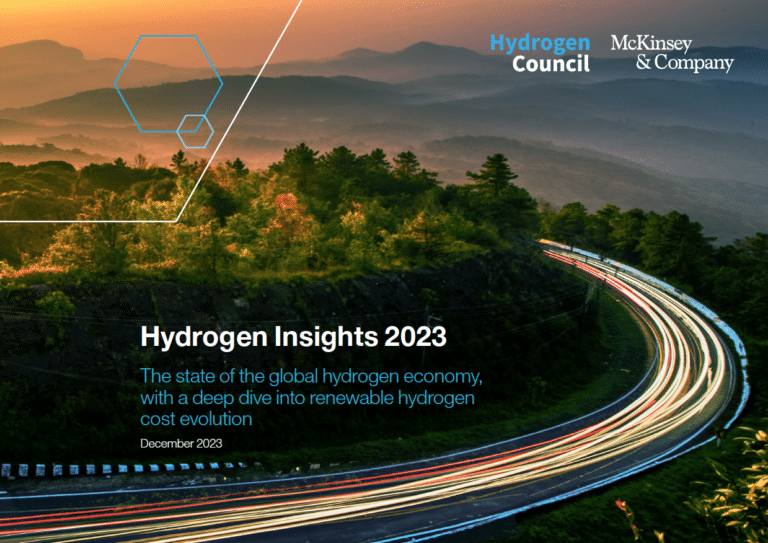Consequently, the continent is strongly positioned to become a renewable hydrogen and derivatives producer and exporter. Using these renewable resources to produce hydrogen for both the domestic market and export (either as pure hydrogen or as derivatives – ammonia, synfuel, hot briquetted iron, and others) could create a win-win opportunity for all stakeholders.
Europe and parts of Asia are expected to require significant imports of renewable hydrogen and its derivatives by 2050. With the right enabling conditions and if African countries can capture 15% of the expected globally traded hydrogen volume, renewable hydrogen production for export could grow from 1 million tonnes per annum (Mtpa) in 2030 to 11 Mtpa in 2050. Renewable hydrogen production could mobilize a cumulative investment of USD 400 billion. This would increase African export value by USD 15 billion in 2050 and create a cumulative 13 million job-years by 2050, and could also enable the faster deployment of renewable power for domestic use at lower costs.
However, under current circumstances, Africa’s higher country-level risk and project execution risk are driving up financing costs, making the expected hydrogen production cost of African countries higher than those in the Middle East and Australia. Indeed, while there are projects on the continent in the announced and planning stages that correspond to investments of USD 50+ billion by 2030, the African hydrogen project pipeline is less mature than the global average. In Africa, only about 5% of project investment volume is at the front-end engineering design and further (FEED+) stage, compared with 20% globally. What’s more, only 1% is past the final investment decision (FID), compared with 7% globally.
There is therefore an opportunity for stakeholders to realize Africa’s hydrogen potential for its citizens and for the world. Stakeholders could consider taking one or multiple of several actions to reduce cost of financing, leading to increased chance of project success. These include securing off-take agreements, securing hardware supply, putting in place shared infrastructure, identifying and working with capable engineering, procurement, and construction (EPC) suppliers, making use of political risk insurance, and structuring and making available concessional finance.
View and download the full report
Read the press release




